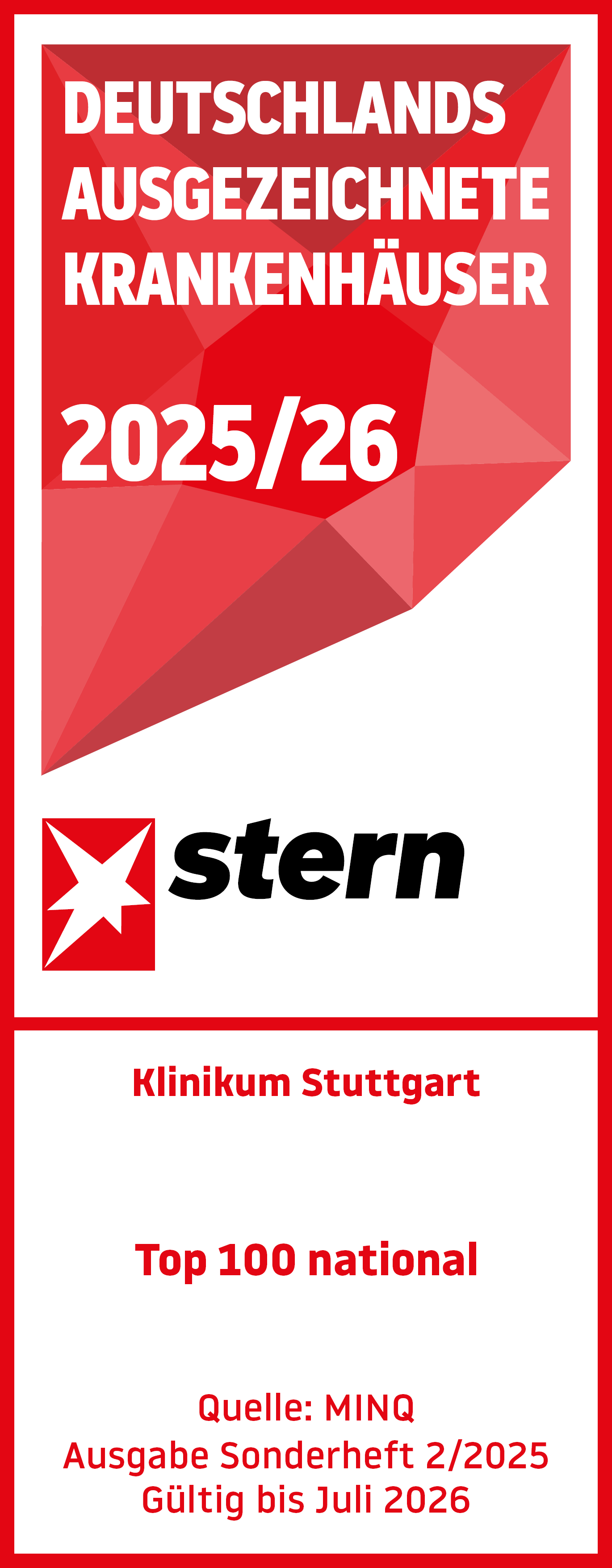Behaviour in an emergency
What is an emergency?
- Acute life-threatening illness (e.g. suspected stroke, heart attack, pulmonary embolism or serious injuries following an accident)
- Particularly severe symptoms (e.g. shortness of breath, chest pain, signs of paralysis, severe pain)
How can you reach us in an emergency?
- By ambulance or emergency ambulance, by helicopter
- By referral from a GP or specialist
- By self-referral: You can reach the clinic independently
The emergency department is responsible for the treatment of life-threatening illnesses and is not a substitute for outpatient treatment. Unfortunately, we cannot provide sick notes, scheduled examinations or second opinions in the emergency room.
Outside of GP consultation hours, you can contact the emergency medical service (116 117) around the clock or present yourself at the emergency practice (at Marienhospital).
If you are scheduled for a non-acute presentation at the hospital, please contact the relevant centre within the hospital.
In order to be able to provide you with the best possible medical assistance, please bring the following documents with you:
- Your health insurance card
- Your current medication plan
- Doctor's letters or other documents about your previous medical history, X-ray images on CD or a QR code
- Referral letter from your GP, if available (no referral)
- Living will and power of attorney
- Vaccination, pacemaker, allergy and Marcumar card
If you are not a native German speaker, it may also be helpful to bring an accompanying person to translate.
We work around the clock for your health. We treat you according to medical urgency. We use the ESI (Emergency Severity Index) triage system for categorisation. Triage is carried out by trained nursing staff in the emergency department. Patients who require immediate or prompt treatment are identified.
Treatment is therefore prioritised according to medical urgency and not according to the time of arrival.
The duration of treatment and waiting time is difficult to estimate due to the prioritisation of time-critical illnesses and the high volume of patients.
During your stay in the emergency department, we analyse the results of your examinations (such as vital and blood values, physical examination, ECG, ultrasound, X-ray, computer tomography) in the background, familiarise ourselves with your medical history, draw up a treatment plan for you, consult with other specialists, document and write a doctor's letter. These activities are time-consuming.
We ask for your understanding and respectful treatment.
Initial assessment after ESI
- Immediate (immediate life-saving action required)
- Very urgent (time-critical high-risk illness or injury)
- Urgent (stable conditions of an illness or injury)
- Less urgent (illness or injury without immediate danger)
- Not urgent (no acute illness or injury)



